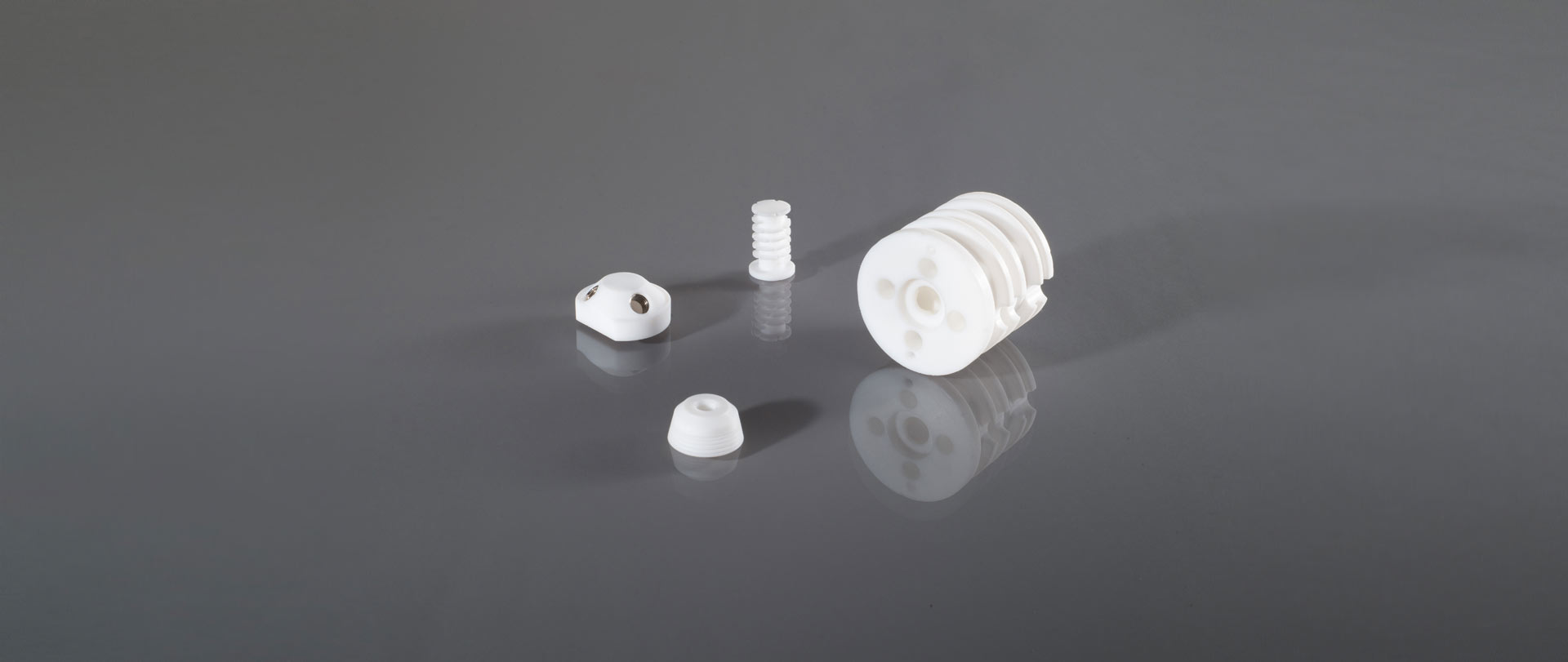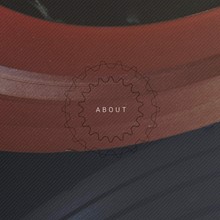Even the most reputable engineering teams can get tripped up by the “convenience” of off-the-shelf materials, especially in high-stakes applications. However, choosing pre-made parts over what’s exactly right for the job will definitely come at a risk. And is the price saving really worth the risk?
In this blog we compare custom and off-the-shelf materials so you can decide which is right for you.
Custom vs off-the-shelf materials
Off the shelf parts are essentially pre-made, ready to purchase components. These parts often make sense when you’re aiming for a quick turnaround or need to maintain a tight budget. They’re typically mass produced which enables you to get them at a cheaper price. However, this affordability can come with limitations. The design of off-the-shelf parts is pre-set, which means they may not be the exact fit you require. This may hinder your equipment’s ability to work to the best of its ability, especially in demanding environments.
Standard materials may not be able to cope with high pressures, temperatures and exposure to harsh chemicals. In some cases, pre-made parts may work if your project doesn’t demand unique dimensions or specific design features. Off the shelf parts are common in electronic, automotive and household products due to their standardised nature.
Custom parts are tailored to your specific needs allowing for greater flexibility and creativity. Manufacturers like AFT can craft custom plastic parts using specific materials and processes to meet the exact requirements of your design. This tailormade approach can lead to products that set you apart from competitors in terms of functionality and aesthetics. Opting for custom parts can involve a higher cost and lead time, however the finished product and the benefits it brings will outweigh the extra time and cost.

Choosing the right fit: buy or bespoke?
When deciding whether to choose pre-made materials or get them custom made, there are various factors to consider.
Functionality and Fit
Custom parts allow for precise dimensions and unique features tailored to your product, whereas off-the-shelf options may require compromise or adaptation. If your part needs to integrate seamlessly with other components, custom may be the better option. Off-the-shelf parts may not align perfectly, putting your project at risk of performance issues.
Cost
Off-the-shelf parts are typically more cost-effective upfront due to no additional design costs. Custom parts involve design, prototyping, and manufacturing expenses, which can be high.
Volume Requirements
Off-the-shelf is usually the better option for small production runs or one-off projects. For large-scale production, custom parts may justify the initial investment with lower per-unit costs in the long run.
Quality and Performance
Custom parts allow you to specify exact materials to meet performance, durability, or regulatory needs whereas off-the-shelf options are limited in this regard. If you operate in a high demand or high pressure environment where high performing materials are required, then custom parts provide you with greater control over the material specifications and features.
Regulatory Standards
Some industries such as medical, aerospace, or food and beverage require parts to meet strict certifications or regulations, which may necessitate custom solutions.
Environmental Considerations
We specialise in engineering polymers, creating sustainable solutions in plastic for our customers. When manufacturing new and custom parts, we use CNC milling to produce a high quality product and the efficiency of the cutting tool helps to reduce waste in a number of ways.
How AFT’s engineering-led approach goes beyond supply
If you require a unique product, part or component, our team of experts have a wealth of experience in delivering high quality fluoropolymers and plastics, and are able to work with you to provide a bespoke solution.
From custom seals, tubes and rods to bespoke backup rings, chat to us about the unique part you require.



